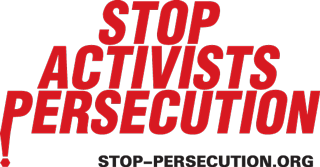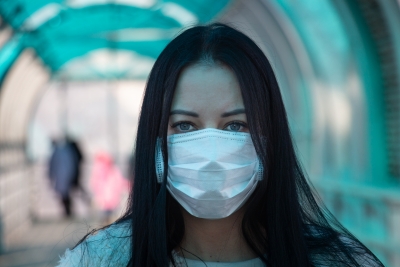In an open letter, the signatories highlight the need for transparency so that citizens can scrutinise governments and businesses, and point to examples wrongdoing that have already been exposed in areas including health system management and public procurement.
This is particular the case given that, in the current crisis, decision making is bypassing normal parliamentary and citizen oversight processes and where, in some countries, freedom of the press and freedom of information have been limited.
The letter stresses that workers taking daily risks to maintain essential services must be able to speak up about the safety of their working environment and about threats to public health and safety, corruption, and other abuses.
“Protection of whistleblowers is never more important than in times of crisis. It is imperative that information comes to light about problems ranging from inaccurate data to mismanagement to abuse of government power, all of which put not only our democracies but also people’s lives risk,” stated Helen Darbishire, Executive Director of Access Info.
The letter also calls on all citizens to remain engaged, through debate and action, in ensuring that governments and businesses are accountable and put human rights and freedoms at the centre of their decisions.
European Union governments will be required to transpose the 2019 Whistleblower Protection Directive into national law by 2021. Access Info is calling for immediate protections, in line with the safeguards offered by the Directive, to be introduced immediately with respect to all exposure of wrongdoing related to the Covid-19 pandemic.
“We need urgent measures to protect Whistleblowers right now,” said Darbishire. “These can be legal measures or at least policy commitments.”


